How to make child speak in public
How to Help Your Child Be a Better Public Speaker
Speaking in front of others is something that your child will encounter throughout their life. Whether it's reading a book report to their class, interviewing for their first job, or presenting to an important client during their career, being able to speak to the public or a group of people confidently is a vital asset they will need throughout their life. Some children are naturally outgoing, but others are shyer requiring you as a parent to help instill the confidence in them they need to be able to speak to others without anxiety or fear. To help your child achieve better public speaking abilities, there are a few tips you can try.
Put the Concept to Practice Early in their Life
While most young children may not want to play public speaking as an activity, making it a part of fantasy play can get them used to having attention on them while they are speaking, and teach them how to speak more naturally when addressing others. Create plays where you can give them roles such as the king delivering a speech to their citizens or make them president of the family and have them deliver an acceptance speech.
Give Them Feedback, But Wait Until the End
It is important to give your child a lot of positive feedback when they are practicing for public speaking but make sure you give them feedback. Simply saying "it's great," or "I liked it," does not help them make improvements where they are needed. Remember to wait until your child is through the piece before providing feedback instead of constantly interrupting them to make corrections. This will be distracting and most likely add to their nerves.
Record Their Practice Sessions
It is sometimes easiest to see where you need to make improvements when you can view the speech the same way the audience does. If your child is preparing for a presentation, or even something as simple as a book report, record their speech and play it back to them, providing them on positive feedback about what the strengths were as well as areas they can improve on.
Encourage Confidence Throughout Their Daily Lives
Confidence is not something that comes overnight. Confidence needs to be instilled from a young age and nurtured throughout life. Little things can instill great confidence in children, such as being able to order their own meals, encouraging them to have some time to discuss the events of their day at dinner, and allowing them to do things on their own even if you know they will make a mistake. It is also essential that you model confidence in front of your children because they learn the most from watching others. Try to be less timid or nervous. When you are calm and confident, your child will see this behavior and mimic it.
Becoming a good public speaker does not always happen overnight, and while it may come easy for some children, it can be extremely difficult for others. By trying the tips above you can help prepare your child to be a better speaker and instill the confidence they need to interact with others no matter how large the crowd.
Math Genie's English Language Arts program offers weekly classes in creative writing and public speaking, These classes are held to the same standard and philosophy of out math classes. Students will be reading their own essays aloud to their class and will even receive positive peer feedback from their classmate. The confidence increase in just one class is outstanding. Sign up your child for Reading Genie today.
Source
https://www.parents.com/kids/development/intellectual/help-your-child-overcome-public-speaking-fears/
http://publicspeakingpower.com/teach-public-speaking-to-kids/
1
5 Easy And Effective Ways To Train Kids For Public Speaking
Public speaking for kids in front of both a small and large encounter is a scenario that your kids will face throughout their entire life. As of reading, they might be standing in front of their class, braving their way through a show-and-tell session. And in the future, they might be needing this skill to impress their potential bosses in a job interview. Anything can go in public speaking for kids, right?
Anything can go in public speaking for kids, right?
While some children love talking and taking in the spotlight, several individuals panic when they’re called in front. Make sure to address this problem as soon as possible.
Curious about how you can do so? Learn all about public speaking for kids in this post.
Contents
- 1 What Is Public Speaking For Kids?
- 2 How To Train Kids For Public Speaking
- 2.1 Practice More, Study Less
- 2.2 Give Feedback At The End
- 2.3 Play Enjoyable Impromptu Games
- 2.4 Record The Practice Sessions
- 2.5 Teach Content Before Technique
- 3 Public Speaking For Kids Topics
A lot of people often overlook the importance of public speaking in kids. Do you know that this can define the child’s formative years, and has the capability to strongly impact their confidence and view on themselves?
Public speaking is not only about standing in front of a broad audience and effectively addressing them. This aspect also covers your kid’s regular conversations with the people around him.
This aspect also covers your kid’s regular conversations with the people around him.
Think about a child just sitting on the corner instead of delivering his report.
Or imagine him not delivering eye contact with who he is talking with because he is shy.
There is a significant possibility that his classmates will see him in a more negative light in these kinds of situations. They’ll consider him as an outlier, and nothing more.
We don’t want that to happen with your child, right?
With this in mind, here are some tips that will guide you on how to train kids for public speaking.
How To Train Kids For Public SpeakingPractice More, Study LessDo you remember your middle school days where you have to ‘study speeches?’ Did it do you good? Was it useful in the long run?
Believe it or not, most experts in this field believe that studying speeches is a waste of time.
Yes, lectures are still necessary, but they should only comprise 20% of your training.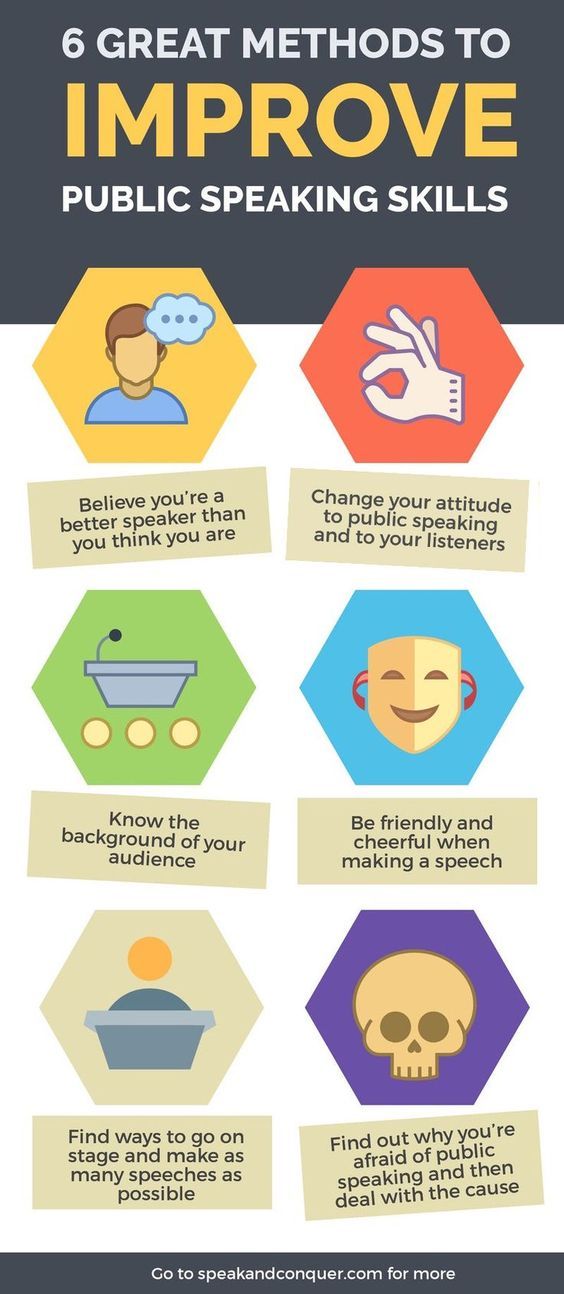 The other 80% percent should be allotted to practical applications – basically public speaking practice.
The other 80% percent should be allotted to practical applications – basically public speaking practice.
What you can do with your child is to let him watch several great speeches on the internet. Once he’s done, discuss with him what made it a great address and pinpoint the techniques that he should embody. At the end of this discussion, let him get up in front of a small audience and deliver a speech he desires.
That’s what we call authentic training!
Give Feedback At The EndWhenever your child is practicing a public speaking piece, do not forget to provide your feedback. Do not just please them with comments like “I liked it” or “It’s the best speech I have heard in my life.” This kind of approach won’t be value-adding to their improvement.
You can tell them how they can further improve their thought process or delivery tone. You may also give feedback regarding their gestures.
Take note, however, that there is the perfect time to provide your comments.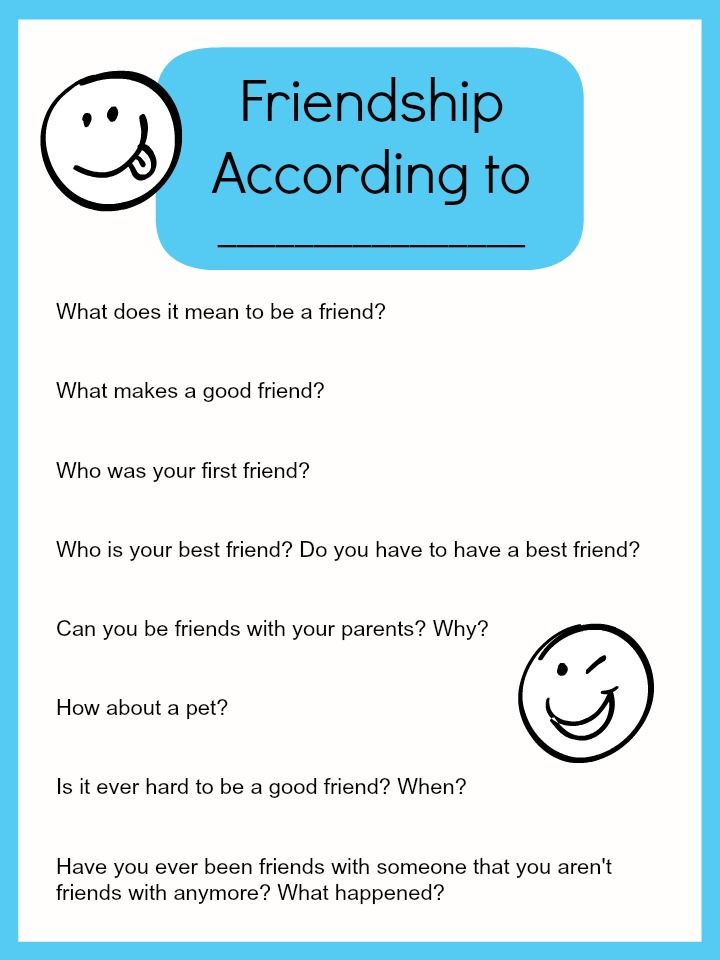 Do not give out corrections while they’re in the middle of their piece. Interrupting them will only distract them and will slowly add to their nerves.
Do not give out corrections while they’re in the middle of their piece. Interrupting them will only distract them and will slowly add to their nerves.
You may also assess them using the 5C’s and 5E’s.
5 C’s
- Confidence
- Conviction
- Clarity
- Control
- Customization
5 E’s
- Enjoy
- Explore
- Expression
- Eye Contact
- Engage Your Audience
Playing impromptu games is one strategy to build confidence among children quickly. Ensure to choose those games that are fun and won’t put the kids into an uncomfortable position if they fail. Pick something that they can laugh at even if they do not get it right on several tries.
This approach is also essential to help kids learn to step outside of their box and learn to think on the spot.
Experts believe that the fear of public speaking stems from the fact that people are scared that we do not know what we’ll do should we commit a mistake.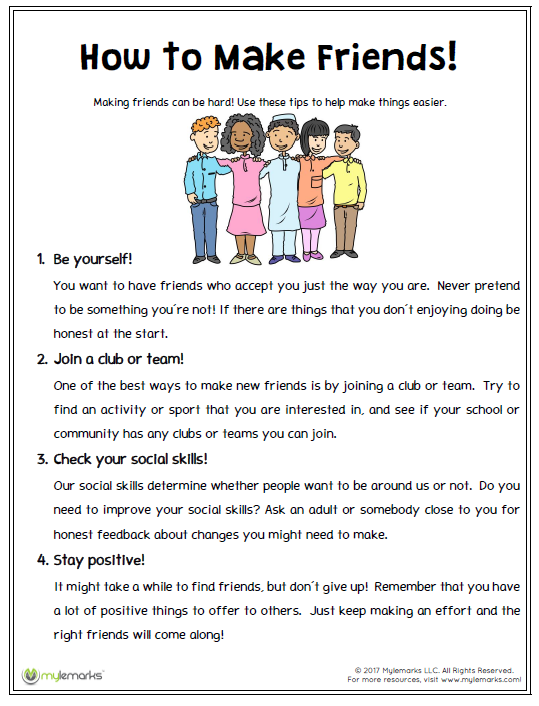 We do not want to fall apart because of trying.
We do not want to fall apart because of trying.
However, changing the kids’ mindset with regards to failure will help them get over this fear, and eventually, gather their confidence in public speaking.
Record The Practice SessionsIt’s not enough that other people comment on how the kids’ public speaking performances went. They also have to provide feedback on themselves.
Take note that the easiest way to make improvements in how the kids handle themselves in delivering speeches is by viewing their work in a video.
For instance, if your child is practicing for a presentation, even as simple as a short book report, allow yourself to record him while delivering his piece. Then, play it back to them afterward. Let them pinpoint themselves what aspects they did well and what areas they can still improve on.
Teach Content Before TechniqueMost individuals often teach technique first when tackling public speaking.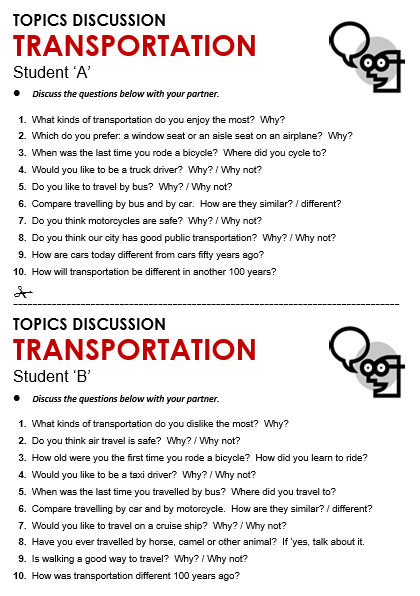 Well, that’s the easiest one to explain. However, keep in mind that you should focus more on content as compared to the technique.
Well, that’s the easiest one to explain. However, keep in mind that you should focus more on content as compared to the technique.
We don’t want your kid speaking in front of a massive audience, with all eyes on him, while he’s delivering nonsense and non-value adding piece. Aside from their stance, he should also sound smart.
So, what’s the best way to do this?
Well, the most effective strategy to address this is not to limit yourselves to a particular genre. When doing practice sessions, make sure to cover any topic under the sun. This way, your kid will be able to expose himself with different themes and broaden his perspective when delivering his messages.
Public Speaking For Kids TopicsAs mentioned, there are numerous public speaking for kids topics that they should dwell in. Remember, children always perform their best whenever they’re interested in what they are discussing.
To help, here is a broad range of speech topics that your kids can choose from.
- Why I love my parents
- Who is my imaginary friend?
- My family’s tradition
- My favorite song
- The funniest joke I did in April Fool’s Day
- The most delicious meal I have tried
- Should I care about the “five-second rule?”
- Things I would say if I could talk to animals
- A day at the zoo
- What planet will I visit first?
- Biggest birthday wish
- My dream vacation
- Coolest superhero power
Remember, transforming your child into becoming an excellent public speaker does not happen overnight. It comes with a process. At Kid’s World Preschool, we will ensure that your kid undergoes the said process that will enhance his speaking skills. Our curriculum does not only focus on a series of lectures, but also incorporates practical applications in it. This way, your kid will slowly gain confidence little by little until he can confidently face a large crowd.
If you want to enroll your child into our effective programs, feel free to contact us via phone or email. Just visit this link for the details.
Just visit this link for the details.
What to do if a child is afraid of public speaking?
home
Parents
How to raise a child?
What to do if the child is afraid of public speaking?
- Tags:
- Expert advice
- 3-7 years
- 7-12 years old
- teenager nine0024
-
Never force a child to perform at events in which he absolutely does not want to take part! You should not blackmail the baby, promising him a new toy or a trip to the cinema in exchange for agreeing to perform. Forget about threats from the category "If you do not take part, then I will deprive you of sweets for a week or will not allow you to watch cartoons." This will further exacerbate children's fear. It is better to offer the kid an alternative option: not to participate in the event yourself, but to visit it and just look at the performances of other participants. Let the child watch his peers from the side, especially if it is the first collective event in his life. He will see how the competition (holiday, competition, etc.) is going on and will understand that there is nothing really terrible in this.
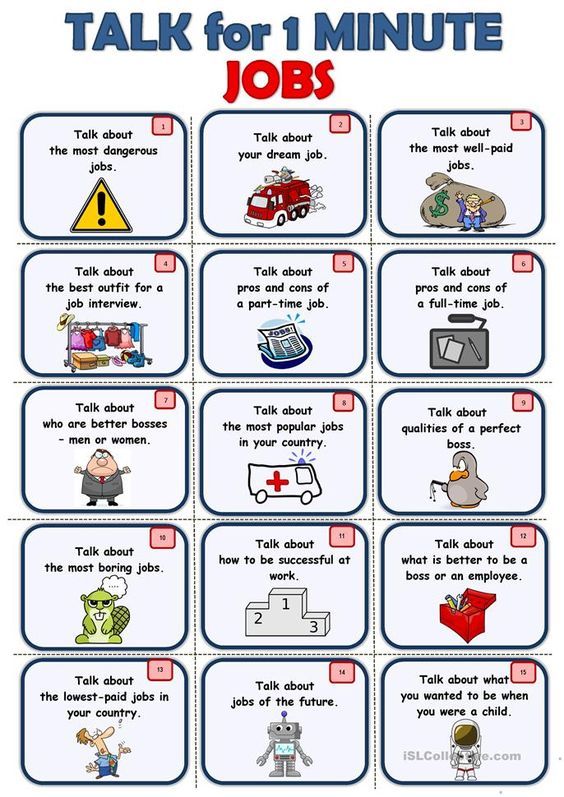 nine0003
nine0003 -
Explain to your child that the excitement before speaking in public is a natural feeling experienced by absolutely everyone, not only children, but also adults. It’s just that someone knows how to disguise it well, so outwardly it may not be visible that a person is worried. Teach him to relax before going on stage or to the board: a few deep breaths in and out, and thoughts of something pleasant for the child can help with this.
-
Always be close to your child when they are speaking in public. Children performing in front of a large number of people always look for their parents in the audience first of all, because their presence gives them a sense of security and self-confidence. If we are not talking about competitions and competitions, but about the answer at the school at the blackboard, where the presence of parents is excluded, teach the child to represent people he knows instead of classmates: mom, dad, grandparents and other relatives.
 Explain to your child that despite the fact that you are not directly present at his speech, at this time you will morally support him and think about his success. nine0003
Explain to your child that despite the fact that you are not directly present at his speech, at this time you will morally support him and think about his success. nine0003 -
Home concerts and performances can help in the fight against the fear of the public. Make it a rule to have creative evenings at least once a week in a warm company of relatives and friends. It can be poetry readings, interesting competitions, song performances or home theater. The child will get used to performing in front of a large number of people, and it will be much easier for him to appear on stage in front of strangers.
-
Don't forget the benefits of rehearsing before performing in public. If your child has to read poetry, dance, sing a song, or read a report at the blackboard, let him practice at home, where you, grandparents, or invited friends will act as spectators. nine0003
-
Help your child to prepare for a successful performance. Speak words of support to him - it helps a lot to cope with anxiety.
 Do not skimp on praise, but do not praise the child either. Instead of the phrases “You will be the best”, “Your performance will outshine all the others”, it is better to say simply “You are great”, “You can do it”, “You will do great”.
Do not skimp on praise, but do not praise the child either. Instead of the phrases “You will be the best”, “Your performance will outshine all the others”, it is better to say simply “You are great”, “You can do it”, “You will do great”. -
If the child is afraid that his performance may not be liked by the audience, explain to him that clearly learned words of a poem or song, or technically correctly performed dance moves, are not all that is required for success. Teach your baby to find contact with the audience: looking at the audience, and not at the far wall of the hall, gesticulating with your hands when reciting, an open smile - all this will help win over the audience. nine0003
-
Never scold a child if his performance is not going well. Do not tell your child that you are disappointed in him, that he performed poorly, as this will only increase his fear of the next attempts. It is better to tell the child that you really liked his performance, that you are proud of him, that participation is sometimes much more important than winning, and that he will have many more chances to prove himself.
 This will soothe and support the child.
This will soothe and support the child. -
Go out to the audience without fear and excitement.
-
Be able to speak clearly and clearly.
-
Be able to think quickly and clearly, and communicate clearly to the audience.

-
Learn how to influence the audience with your oratory skills.
Many parents are often faced with a situation where a child is very active at home - recites poetry, dances, sings, actively communicates with relatives and friends who have come to visit, but in kindergarten or school is completely lost when it comes to performing in front of the public. Why this happens and how to help a child overcome his fear, will tell "I am a Parent."
Where does the fear of public speaking come from?
Public speaking, whether it is a report, a congratulatory speech, sports competitions or a creative competition, is an event that absolutely any person is worried about, regardless of his age.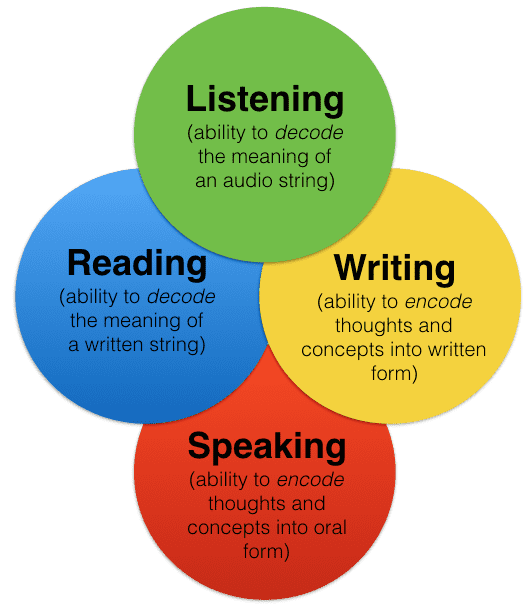 Adults know how to control their emotions, unlike children who have not yet developed self-control. nine0003
Adults know how to control their emotions, unlike children who have not yet developed self-control. nine0003
Fear of losing in competitions, forgetting words while reading poetry at a children's matinee, answering incorrectly at the blackboard, a child also arises because a positive example is always in front of his eyes - his parents, who are not afraid of anything and who always succeed. Children are very sensitive, and if something doesn’t work out for a baby, he gets very upset and comes to the conclusion that he is unworthy of his mom and dad. The closer the emotional connection between the child and parents and the more they seek to calm him down after another failure, the more the baby scolds himself for not being able to meet the expectations of mom and dad. nine0003
In other words, the fear of making a mistake in front of the public is a social fear, and at its root lies the desire to meet the requirements and norms dictated by the surrounding society, as well as the desire not to upset your loved ones and meet their expectations.
Let's conquer fear together!
To help your child overcome their fear of public speaking, follow a few simple guidelines.
Victoria Kotlyarova
Is your child ready for a stressful situation?
Children experience stress at least as often as adults. And the task of parents is to prepare the child for a stressful situation. How to do it? Take the test and get recommendations from psychologists
Take the test
More on the topic
What kind of a well-mannered child is he?
Dear parents!
Algorithm for doing homework for younger students
8 ways to help a child who is nervous before a performance
It is not uncommon for children to become very nervous before public speaking, whether it be a school concert, sports competition, or even reading a report in front of the class, and sometimes they try to avoid them. This also happens to children who can calmly recite poems and dance at home. Why is this happening and how can we help them cope with this fear? Psychologist Ekaterina Istratova has prepared some important tips for parents of such babies.
Why is this happening and how can we help them cope with this fear? Psychologist Ekaterina Istratova has prepared some important tips for parents of such babies.
Ekaterina Istratova, psychologist, physician, head of the School of Successful Moms, author of many published books for women, mother of two sons
Not a childish problem
The ability to speak to the public is an art, the possession of which is required in many areas of human activity. But the vast majority of people experience a lot of inconvenience when going out to make a speech. And it doesn't matter how long the speech is and how big the audience is. For many, even a small expression of their opinion at a meeting of colleagues turns into hell. Almost everyone who has spoken and is speaking in public wants several things:
It is possible and necessary to master all these skills. How to reach the heights of public speaking? There is only one way - regular training!
Different children - different attitude to the situation
It is clear that we all want to raise our children to be successful, so we try to help them learn public speaking skills. And no matter where our child performs: at a children's matinee, reads a report at school, sings or dances in front of the audience - we worry about him and want to help him cope with this situation in the best possible way.
There are children who love to be seen. At every opportunity (and even without it), they try to show themselves and their skills. Such children just need not to interfere with doing what they like. Parental jerks "Well, what are you like an upstart!" or the teacher’s remarks “We didn’t call you this time, you don’t fit” can eventually kill the child’s desire to go out to the audience.
nine0003
There are children who, due to their temperament and hereditary characteristics, do not like to be seen. It becomes difficult for them to think and speak on stage or in front of a class. The main help for such a child is never to force him to do what is difficult for him. “You will make a presentation, since I spent a lot of effort to get you into this class!”, “You speak - I will buy you a new phone”, “If you refuse, dad will take over!” ... Manipulations, threats, coercion will only do worse. If the child has a choice, the opportunity to decide on his own, he will probably want to learn how to cope with his fears in the future. That's when you need to support him. nine0003
What Parents Can Do
We are all very individual, each with our own situation, so there is no one solution and no magic pill for everyone. I will offer you some recommendations that have helped other children. Maybe something will work for you too.
Create a supportive environment
This is especially important for your child's first public appearances. He will not be able to foresee everything and not worry, so it is important for the baby how he will be received. Let him just enjoy and get used to the stage at the first performances. nine0003
He will not be able to foresee everything and not worry, so it is important for the baby how he will be received. Let him just enjoy and get used to the stage at the first performances. nine0003
I know a girl from elementary school who traveled all summer with her parents and collected interesting material for a report at school. When, having returned to class in the fall, she began to enthusiastically talk about other countries, the teacher abruptly interrupted her: “We have enough interesting things of our own! Get in! Who has a report about our city?" After that, the girl completely lost her desire to go to school, not to mention the preparation of reports.
Therefore, for the first performances, choose your own supportive and understanding audience. Having started his performances, albeit small ones, in front of a benevolent audience, the child will subsequently be easier to cope with the upcoming difficulties, which will still happen from time to time. nine0003
nine0003
Choose the right outfit
Performance clothing should be comfortable and baby-friendly. Thoughts like "I look like a dick in this suit" won't help a child feel the self-confidence we need. Spiky sequins, tight belts, loose parts of the costume and other little things not only will not allow you to enjoy the scene, but will painfully distract from the program.
Let the tension go
A few years ago, I was on the radio, and one day an elementary school girl called the studio and asked how she could not worry at the blackboard. I asked if she knew the lesson. “Yes, I know everything well and I can tell, but not in front of the class,” she said. “And what do you do during the break before the lesson?” I asked. “I am standing in front of the entrance to the classroom against the wall and waiting for the bell to ring,” the schoolgirl answered in a low voice. While everyone was running and resting from the desk, she stood motionless and thought about the upcoming answer. Then I suggested that she try to run and jump before the lessons, in which she would have to answer at the blackboard. nine0003
Then I suggested that she try to run and jump before the lessons, in which she would have to answer at the blackboard. nine0003
The excitement before a performance is always accompanied by an adrenaline rush that rages inside and does not allow us to concentrate. It's important to let him go. Find comfortable physical activity for your child to reduce fear. Then you need to rest a little - and you can go out to the audience or listeners.
Listen to the child's requests
It is believed that the presence of a parent in the hall is a powerful support for a child who is dancing, singing or attending a theater group. Often this is the case, but not always. Some children do not want their parents to be present in the hall and see their performance. nine0003
No need to argue, persuade, and even more so cause a feeling of guilt: “How can I not go and see?! We prepared so much, and I will be left without your performance?!”, “You won’t see me, I’ll stand far, far away”, “Who will shoot you?! No, I'll be in front of the stage! We still need to send a video to grandma.
”
If your task is to help your child learn speaking skills for himself and his future, and not satisfy your own or your grandmother's ambitions, then just say: “Okay, I'll keep my fists for you at home (on the street; behind the stage). If you ever need me, let me know." nine0003
Take your child to a section that is interesting to him
There are different clubs that help you learn to speak fluently, to easily behave on stage, to practice speaking. If your child wants to attend such classes - great! There are junior speaker clubs, self-confidence training, leadership programs and, of course, theater studios. If a child ends up in a good place, the knowledge and skills acquired there will definitely stay with him for a long time and even forever.
Train with the whole family
Be sure to practice speaking with your family. It can be Sunday dinners, for example, when you gather with the whole family and everyone prepares their performance in front of the audience: a song, a dance, a puppet theater performance, a report about something interesting, told to everyone.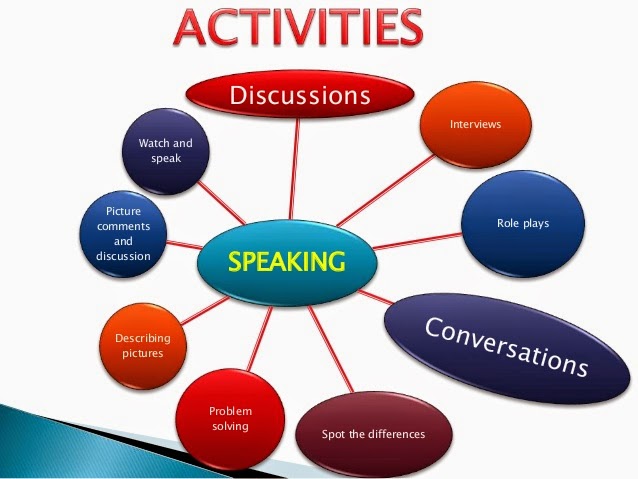 Such a tradition will not only help your child cope with performances much better, enrich his experience, but also bring you closer to each other. Your warm relationship is the greatest support and protection for the child in everything. nine0003
Such a tradition will not only help your child cope with performances much better, enrich his experience, but also bring you closer to each other. Your warm relationship is the greatest support and protection for the child in everything. nine0003
Find a "helper"
You may have seen young athletes take to the court or stage with their toy mascot. Before bowing to the audience, they, with the permission of the jury, plant their talisman in front of them. This gives them strength and confidence in their excellent performance.
Try to offer your child this way to gain strength. If he agrees, choose the talisman together. Do not criticize his bunny or bear, but support this choice. This is his talisman, and he sees in it something of his own, important to him. If it is not possible to take the toy onto the stage, let the child himself come up with a place for her, where she should wait for him and fill him with confidence. nine0003
For many kids, just seeing their talisman is enough.











